|
~ Ernesto Che Guevara
~ Galéria
~ Oldal
~ Bejelentkezés
~ Vissza a Főoldalra
Ernesto Che Guevara, az argentin származású forradalmár, miniszter, gerillavezér és író, Buenos Aires-ben szerzett orvosi diplomát, majd a kubai forradalom során jelentős szerepet játszott a szigetország felszabadításában és újjáépítésében. A kubai gazdaság talpraállításáért dolgozott, küzdött az oktatás és az egészségügy fejlesztéséért, az írástudatlanság és a faji előítéletek felszámolásáért. Saját példájával népszerűsítette az önkéntes munkát. Kongóban és Bolíviában is harcolt - harminckilenc éves volt, amikor az amerikai-bolíviai csapatok csapdába ejtették és kivégezték.
| | |
|
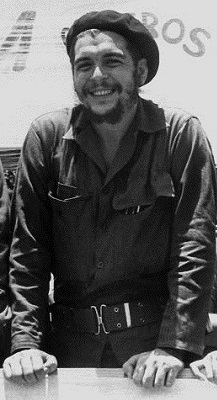
| | |
|
|
|
Entrevista de Ernesto “Che” Guevara con Arturo Frondizi
|
|
|
La entrevista del presidente argentino Arturo Frondizi con Ernesto Guevara, fue uno de los detonantes del golpe de Estado del 29 de marzo de 1962.
Ernesto Guevara y su comitiva oficial llegan al Uruguay el 5 de agosto de 1961 para participar del Consejo Interamericano Económico y Social (CIES) de la Organización de Estados Americanos, celebrado en Punta del Este.
Su llegada a este país tiene una gran repercusión internacional y es la figura del evento. La prensa acreditada y los delegados presentes intentaban saludar o hablar con el ya mítico guerrillero argentino. Para los planes estadounidenses este encuentro de países latinoamericanos era muy importante, ya que intentaban promocionar su famosa Alianza para el Progreso. La presencia del Che y la influencia en otros países de la revolución cubana, podían afectar este proyecto norteamericano. En aquel histórico evento, Ernesto Guevara habló de la lucha anticolonialista de Cuba, de su revolución y señaló:
[read the whole article]
|
|
|
| | |
|
|
|
~ Ernesto Che Guevara
~ Gallery
~ Site
~ Log in
~ Back to the Main page
Ernesto Che Guevara, the Argentine-born revolutionary, minister, guerrilla leader and writer, received his medical degree in Buenos Aires, then played an essential part in the Cuban Revolution in liberating and rebuilding the country. He did his best to set up the Cuban economy, fought for the improvement of the education and the health system, the elimination of illiteracy and racial prejudice. He promoted voluntary work by his own example. He fought in the Congo and in Bolivia - he was thirty-nine years old, when he was trapped and executed by the joint American-Bolivian forces.
| | |
|
|



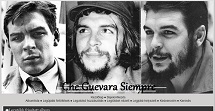
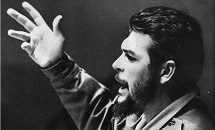
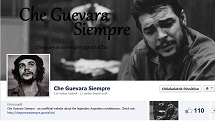

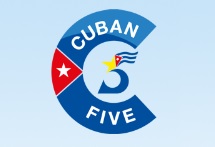

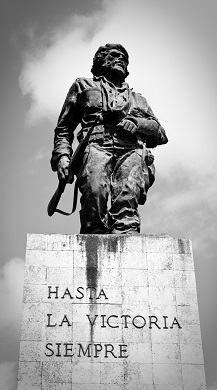
 Friss hozzászólások
Friss hozzászólások Archívum
Archívum
 Súgó
Súgó Új hozzászólás
Új hozzászólás Frissítés
Frissítés